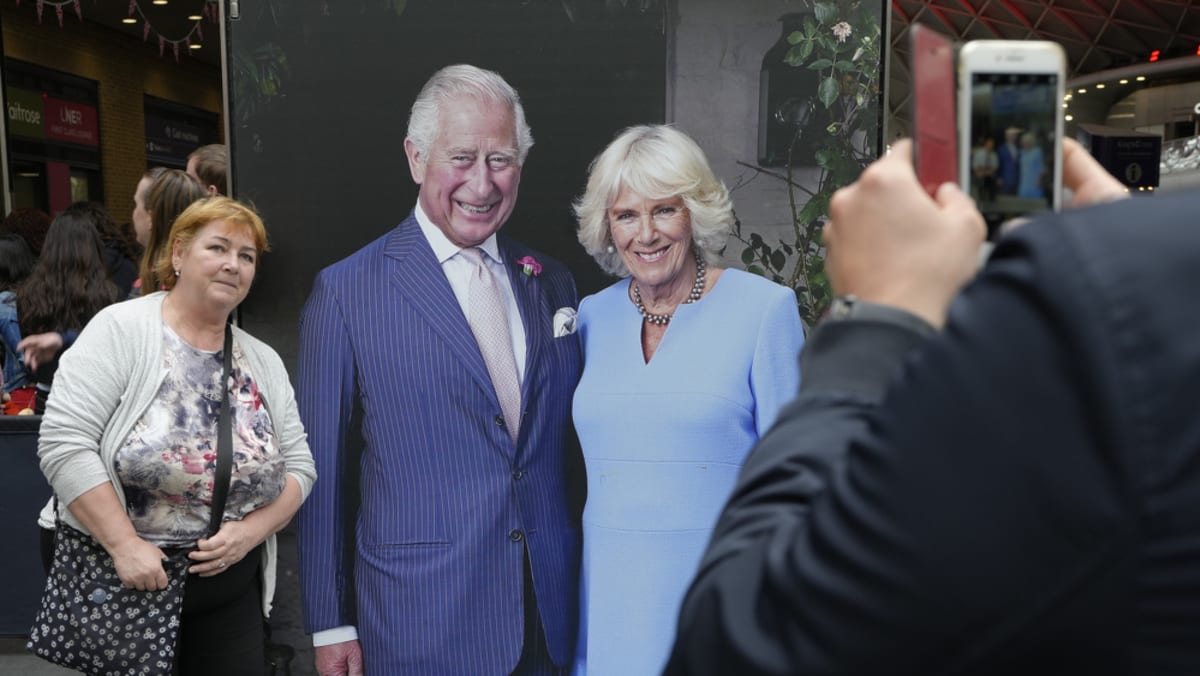Commentary: Accession of King Charles, a divorcee, would once have scandalised. But much has changed

The accession of Charles to the throne is not only politically significant, but also carries religious importance. Charles is the “defender of the faith” and the supreme governor. Charles’ status as a divorcee puts him at odds with his religious roles.
ROYAL DIVORCES
King Henry VIII was infamous for having six wives in the 16th century. He annulled his first marriage to Catherine of Aragon. This meant the marriage was never legally valid to begin with.
King George IV was almost successful in divorcing his wife Queen Caroline in 1820. At the time, divorce could only be granted by Act of Parliament. The trial took place in the House of Lords. The king accused his wife of committing adultery as grounds for divorce. However, Prime Minister Lord Liverpool eventually withdrew the divorce bill due to political pressure.
King Edward VIII was forced to abdicate in 1936 because he wanted to marry an American divorcee Wallis Simpson. This conflicted with his role as supreme governor.
While Charles was in a similar position to his great-uncle in his marriage to Camilla, they lived in different worlds. The Conservative government and the Church of England simply could not tolerate Edward’s marriage to a divorcee. It was viewed as an affront to morality.
Similarly, Princess Margaret was pressured to not marry the divorcee Group Captain Peter Townsend. As the sister of the queen, the marriage would have been scandalous in some circles.
Queen Elizabeth called 1992 the “annus horribilis” (horrible year) for the royal family. Her three children Prince Charles, Princess Anne and Prince Andrew’s marriages had all broken down. Divorce by then had become increasingly acceptable in society.
Source: CNA















